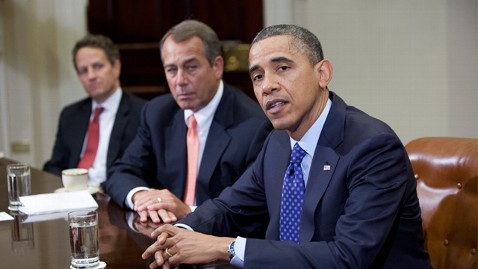MUMBAI: A good half-hour into the discussion on 'India, China and the World', historian Ramachandra Guha issued a disclaimer—all the three members on the panel had been to China only once. "We should learn their language, promote quality research, and have a panel on China driven by Chinese scholars," he said. And that was the general tenor of the debate—that the Indian attitude to China was influenced by a mix of ignorance, cautious optimism about partnerships and a whole lot of misguided paranoia. "Don't demonise the Chinese, please," Guha finally said in response to a question.
"China has existed in our imaginations," observed Sunil Khilnani, professor of politics and author of The Idea Of India. "There's been very little sustained engagement with the reality of China and very little of our own produced knowledge about China." It was after the events of 1962 ('war' in the popular imagination, 'skirmish' to the scholars participating in the discussion), explained Khilnani, that a miffed India "withdrew". It's the 50th anniversary of that exchange this year, and "what we haven't been able to do is learn from the defeat", observed Khilnani. Both could have benefited from greater engagement. "China has had a very clear focus on primary education and achieved high levels of literacy before its economic rise. It has also addressed the issue of land reform," said Khilnani. Guha added that China could learn from the "religious, cultural and linguistic pluralism" in India.
But China and India weren't always so out of sync with each other. Srinath Raghavan, a scholar of military history, got both Guha and Khilnani to talk about pre-1962 relations between the two when the picture was rosier. Tagore was interested in China and so was Gandhi. Both were very large countries with large populations and shared what Guha calls a "lack of cultural inferiority". "They were both," he continued, "also heavily dependent on peasant communities." Nehru was appreciative of China's will to modernize and industrialize and its adoption of technology to achieve those ends. In turn, Chinese politicians argued for Indian independence.
Things soured more, feel both Khilnani and Guha, after the Dalai Lama fled to India in 1959. "He was welcomed here as a spiritual leader but the intensification of the conflict dates to the Dalai Lama's flight," said Guha. Both Guha and Khilnani argued that Nehru's decision to not react aggressively to China's occupation of Tibet was, in the long run, the right one and prevented further "militarization" of the region. An audience member wondered if that didn't make India "China's puppet". Guha disagreed. "If there's a Tibetan culture alive today," he said, "it's not because of Richard Gere. Don't believe in the hypocrisy of the Western countries. Will they give them land, employment, dignified refuge? The Tibetans is one of the few cases in which our record is honorable."
But the difference in levels of development and the lopsided trade relations between the two countries have only fuelled the suspicions many Indians seem to harbour about China. People were worried, said Guha, even about cricket balls made in China. Audience questions reflected those worries. A member asked about China's "strategy to conquer the world" and its likely impact on India. Guha cautioned against stereotypes; Khilnani explained, "History is littered with the debris of states that have tried to dominate the world. What we're doing may be more long-lasting."



















